10 People Who Changed the World of Medicine and Drugs

Alexander Doroshenko | Posted on September 04, 2023
- Introduction
- The Discovery of Penicillin
- The Story Behind Paracetamol
- The Miracle of Insulin
- Smallpox Vaccine: The Eradicator
- Morphine: The Pain Reliever
- Aspirin: The Common Cure
- Polio Vaccine: The Lifesaver
- The Birth Control Pill
- Chemotherapy Drugs
- Antiretroviral Therapy for HIV/AIDS
- Conclusion
- FAQ
Introduction
The Importance of Medicine in Human History
Imagine a world without medicine—a grim place where even a simple infection could be a death sentence. It’s hard to fathom, isn’t it? Medicine has been a cornerstone of human civilization, transforming our lives and extending our lifespans. From the discovery of antibiotics to vaccines and pain relievers, the world of medicine is full of heroes who have made these life-altering discoveries.
What You’ll Learn in This Article
In this article, we’ll take a journey through time and space to meet the brilliant minds behind some of the most groundbreaking medical discoveries. We’ll explore the stories of the inventors, the impact of their inventions, and how they have shaped the world as we know it today. Ready to be amazed? Let’s dive in!
The Discovery of Penicillin
The Inventor: Alexander Fleming
It was a serendipitous moment in 1928 when Alexander Fleming, a Scottish bacteriologist, discovered that a mold called Penicillium notatum could kill bacteria. He had left a petri dish of Staphylococcus bacteria uncovered, and a spore of Penicillium notatum had drifted in. The rest, as they say, is history.
Impact on Society
Before penicillin, even a minor scratch could lead to a severe infection, and surgeries were extremely risky. Penicillin revolutionized medicine by providing a potent weapon against bacterial infections. It’s not an exaggeration to say that this discovery has saved millions of lives and continues to do so.
The Story Behind Paracetamol
The Inventor: Harmon Northrop Morse
Paracetamol, also known as acetaminophen in the United States, was first synthesized by Harmon Northrop Morse in 1877. However, it wasn’t until the mid-20th century that its pain-relieving and fever-reducing properties were fully recognized.
Uses and Benefits
Paracetamol is a staple in most households, offering relief from a variety of ailments like headaches, muscle aches, and fevers. It’s a go-to medication that has made life more comfortable for people of all ages.
The Miracle of Insulin
The Inventors: Frederick Banting and Charles Best
In the early 1920s, Canadian scientists Frederick Banting and Charles Best discovered the hormone insulin, forever changing the lives of people with diabetes. Before insulin, a diagnosis of Type 1 diabetes was essentially a death sentence. Banting and Best’s groundbreaking work turned it into a manageable condition.
Changing Lives of Diabetics
Today, insulin therapy allows diabetics to lead relatively normal lives. The discovery has also paved the way for further research into the treatment of other metabolic disorders. It’s a discovery that has, quite literally, given life to millions.
Smallpox Vaccine: The Eradicator
The Inventor: Edward Jenner
In 1796, Edward Jenner, an English physician, took a bold step that would eventually lead to the eradication of smallpox. He used material taken from cowpox sores and inoculated a young boy, proving that it provided immunity against smallpox.
A World Without Smallpox
Thanks to Jenner’s vaccine, smallpox was declared eradicated in 1980. It’s a monumental achievement in the history of medicine, showcasing the power of vaccines to eliminate diseases and save countless lives.
Morphine: The Pain Reliever
The Inventor: Friedrich Sertürner
In 1804, Friedrich Sertürner, a German pharmacist, isolated morphine from opium, marking the first time an active compound had been extracted from a plant. Morphine revolutionized pain management, especially in surgical procedures.
Ethical Considerations
While morphine is an effective pain reliever, it also comes with ethical concerns due to its potential for abuse and addiction. Nevertheless, its discovery opened the door for the development of other analgesics and anesthetics, transforming medical practice.
Aspirin: The Common Cure
The Inventor: Felix Hoffmann
In 1897, German chemist Felix Hoffmann synthesized a stable form of acetylsalicylic acid, better known as aspirin. This over-the-counter medication has become one of the most widely used drugs in the world.
Everyday Uses
From treating headaches to reducing inflammation and fever, aspirin’s range of applications is vast. It’s also used in low doses to prevent heart attacks and strokes, making it a versatile medicine that has stood the test of time.
Polio Vaccine: The Lifesaver
The Inventor: Jonas Salk
Jonas Salk became a household name in 1955 when he developed the first effective polio vaccine. Before this, polio was a feared disease that could cause paralysis and death.
Legacy and Impact
Salk’s vaccine has nearly eradicated polio, with cases dropping by over 99% since 1988. His work serves as a testament to the incredible impact that one invention can have on humanity.
The Birth Control Pill
The Inventor: Gregory Pincus
In the 1950s, biologist Gregory Pincus developed the first oral contraceptive pill, commonly known as “the Pill.” This invention had a profound impact on society, giving women greater control over their reproductive health.
Societal Changes
The Pill not only revolutionized birth control but also catalyzed social and cultural shifts, including the sexual revolution and the women’s liberation movement. It’s a pill that changed the world in more ways than one.
Chemotherapy Drugs
The Inventor: Sidney Farber
Sidney Farber, an American pathologist, is often credited with laying the groundwork for modern chemotherapy. In the 1940s, he discovered that antifolates could induce remission in children with leukemia, opening the door for the development of other chemotherapy drugs.
Fighting Cancer
Chemotherapy has become a cornerstone in cancer treatment, offering hope to millions. While it comes with its own set of challenges and side effects, the advent of chemotherapy has undeniably extended and improved the quality of lives for cancer patients.
Antiretroviral Therapy for HIV/AIDS
The Inventor: Dr. David Ho
In the 1990s, Dr. David Ho pioneered the use of antiretroviral therapy for HIV/AIDS, transforming the disease from a death sentence into a manageable condition. His cocktail approach, using a combination of drugs, effectively suppressed the virus and prevented its progression.
Transforming a Death Sentence into a Manageable Condition
Thanks to antiretroviral therapy, people with HIV/AIDS can now live long, fulfilling lives. The therapy has also significantly reduced the transmission of the virus, making it a monumental step in the fight against HIV/AIDS.
Conclusion
The Lasting Impact of These Discoveries
From antibiotics and vaccines to pain relievers and groundbreaking therapies, these medical inventions have shaped the course of human history. They’ve alleviated suffering, extended lifespans, and opened up new possibilities for treatment and cure.
The Future of Medicine
As we look to the future for new medical breakthroughs, understanding the discovery of new APIs is crucial. Learn more in our article “This is how new APIs are discovered”.
Who knows what the next big medical invention will be? One thing is certain: the impact of these inventors and their contributions will continue to resonate for generations to come.

Make Smarter API Decisions with Data
Access exclusive insights on global API pricing, export/import transactions, competitor activities and market intelligence.
FAQ
Who are the most famous inventors of medicines?
The list includes luminaries like Alexander Fleming, Frederick Banting, and Jonas Salk, among others.
How have these inventions impacted society?
These medical breakthroughs have saved millions of lives, eradicated diseases, and improved the quality of life globally.
What are the ethical considerations?
While these inventions have immense benefits, they also pose ethical questions, especially concerning potential misuse and equitable access.
How do these medicines work?
The mechanisms vary, from killing bacteria and viruses to regulating hormones and suppressing harmful cells.
What’s next in the world of medicine?
The future holds promise for even more groundbreaking discoveries, from personalized medicine to potential cures for currently incurable diseases.
Thank you for joining us on this journey through the achievements of these remarkable medical pioneers.
Their dedication and ingenuity have transformed the landscape of medicine, bringing hope and healing to countless lives.
If you found this exploration of medical history enlightening, please consider sharing it with others who might also be inspired by these stories of discovery and progress.
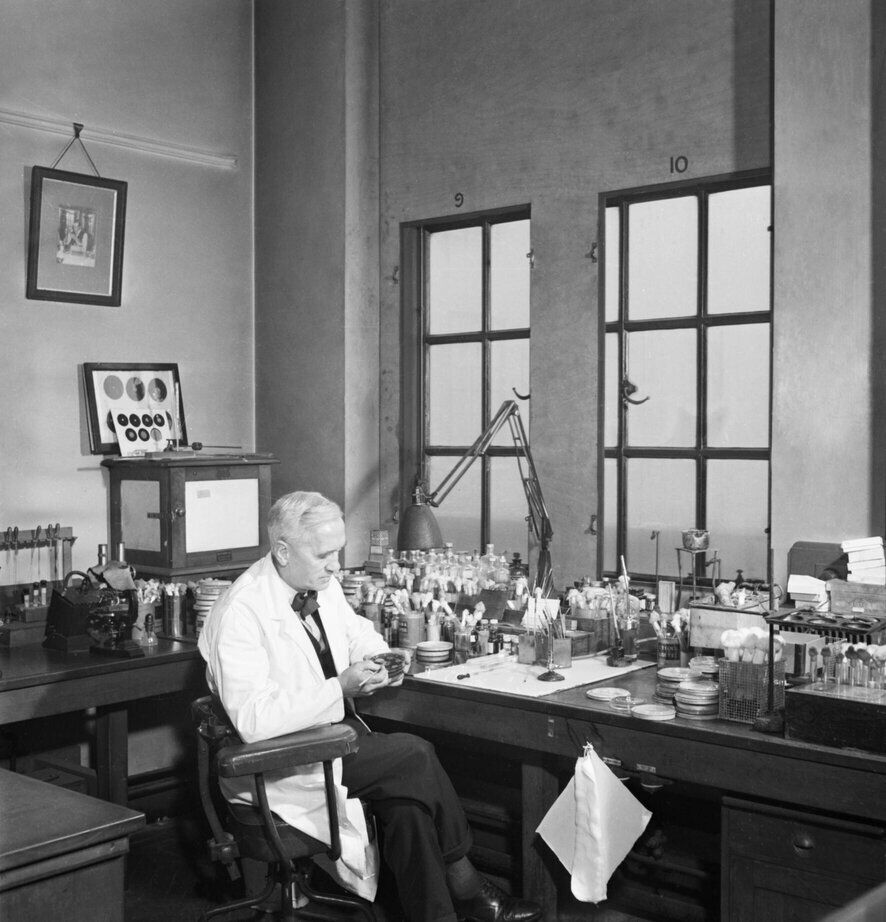
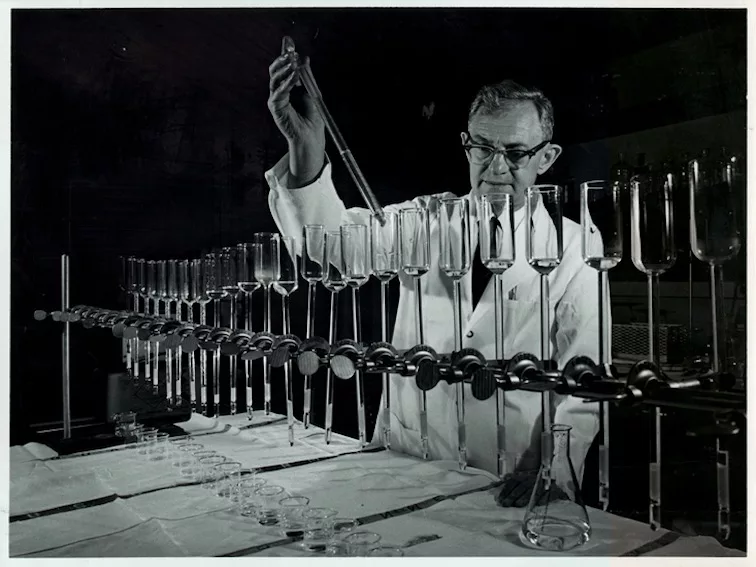
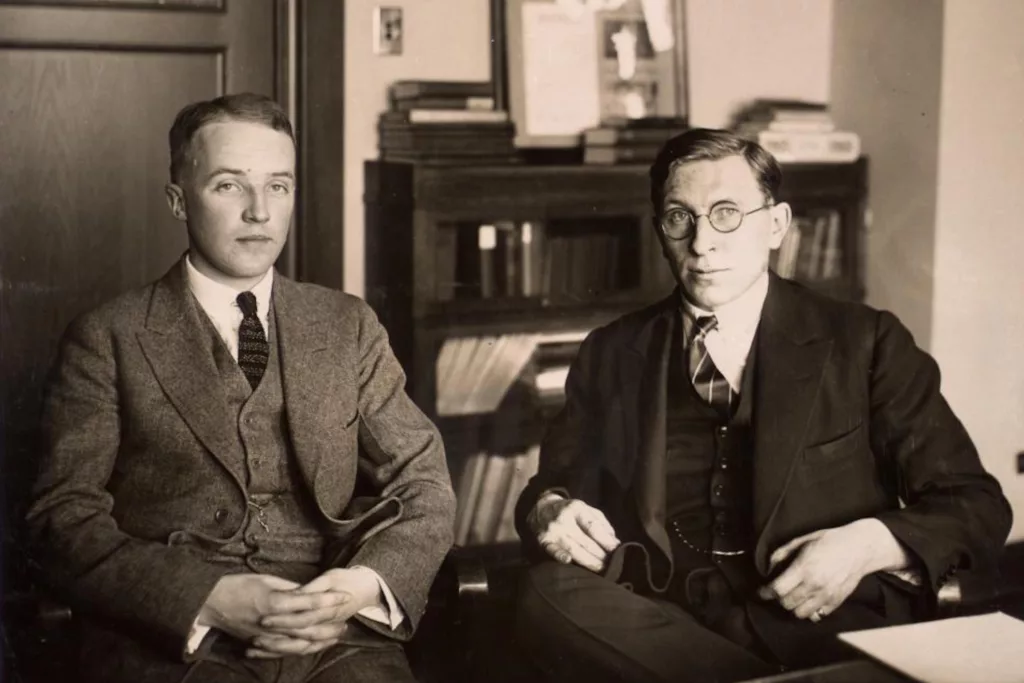
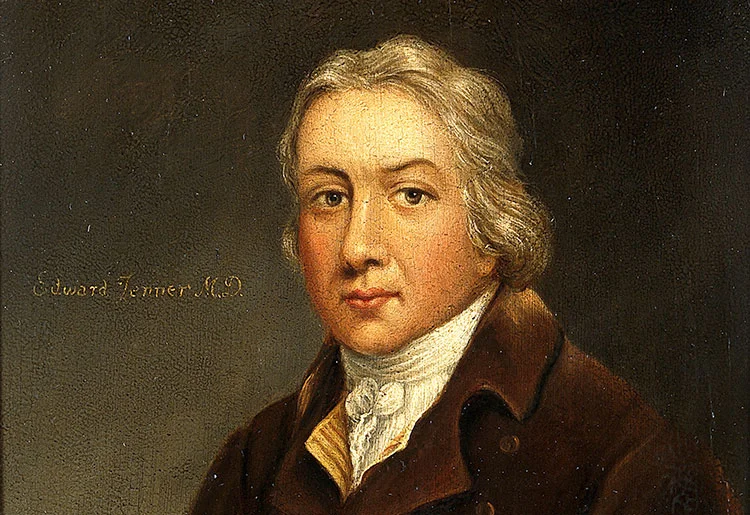
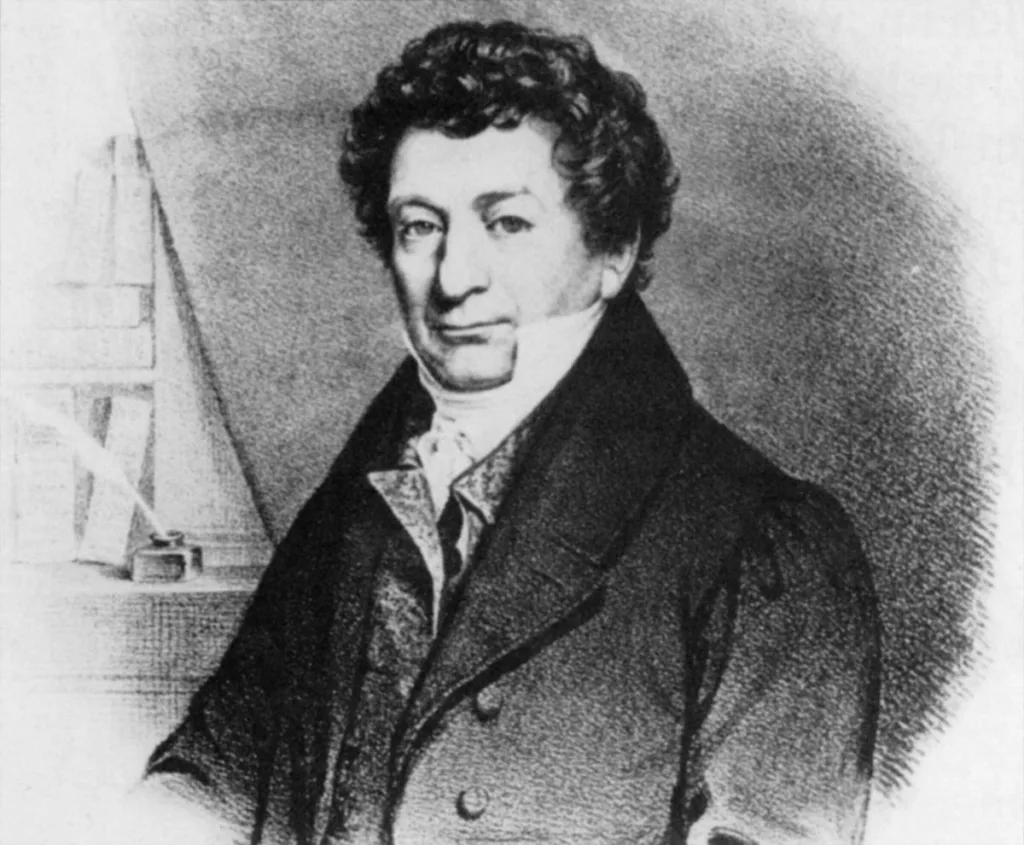
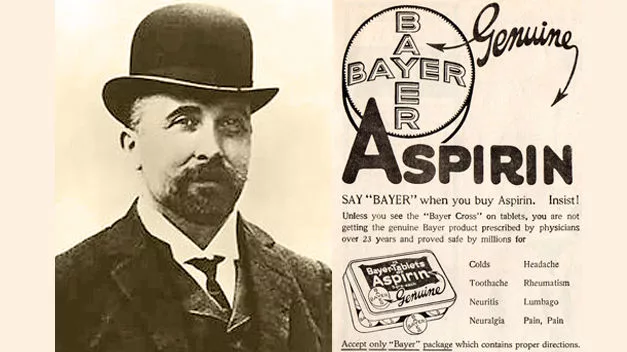
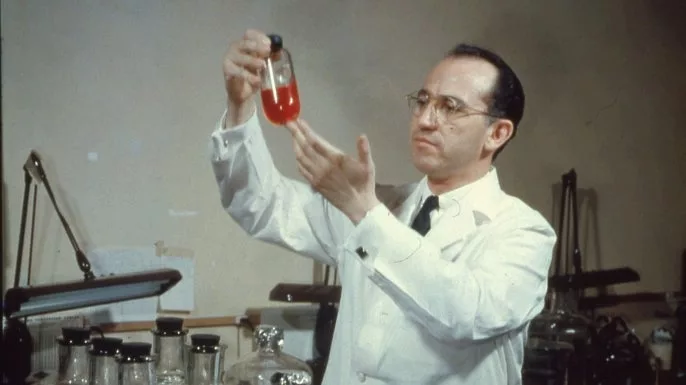
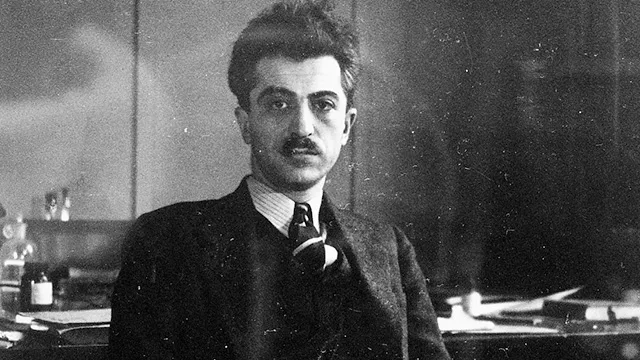
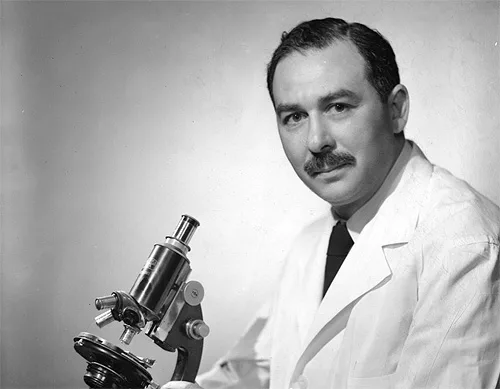

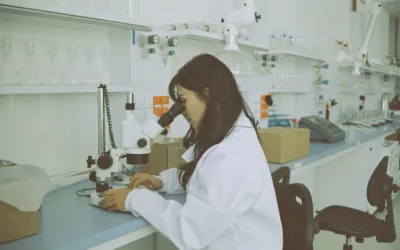





Check out all other blogs here!